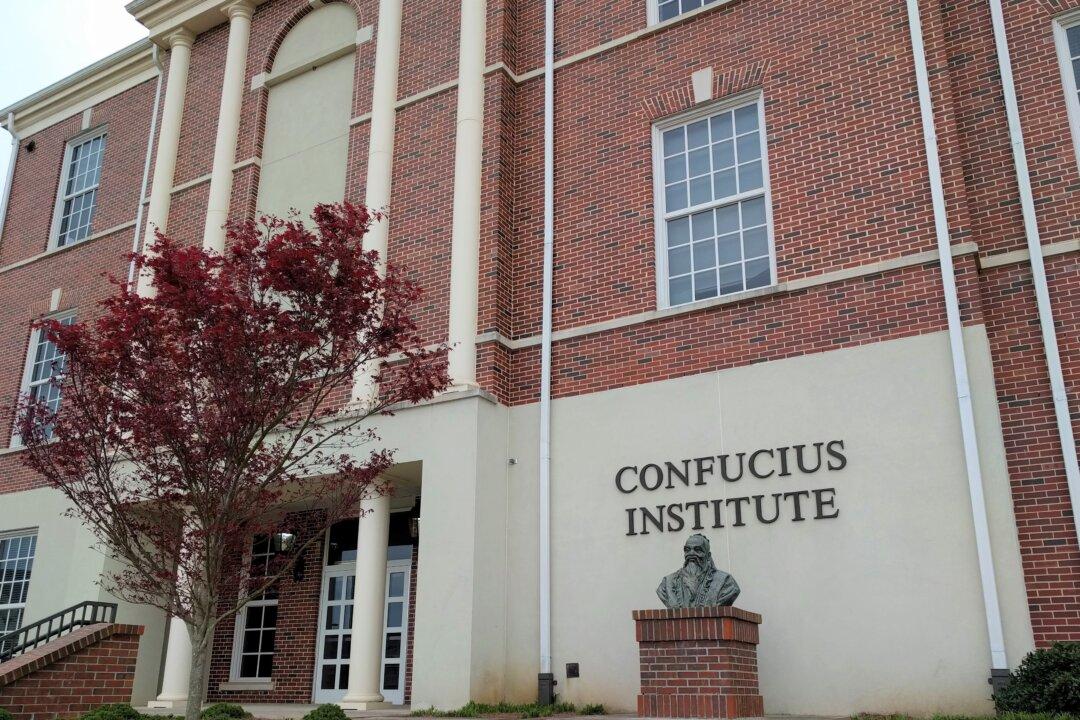A group of seven Republican senators is backing legislation that would require more transparency from Confucius Institutes (CIs), which are Beijing-funded and -controlled, in the latest effort to combat the Chinese Communist Party’s (CCP) malicious activities in U.S. colleges and universities.
The legislation, formally called the Transparency for Confucius Institutes Act, was introduced on March 12 by Sen. Marsha Blackburn (R-Tenn.). It would amend the Higher Education Act of 1965 to require program participation agreements between CIs and U.S. schools that house them to address the ways that Beijing exerts inappropriate influence.





